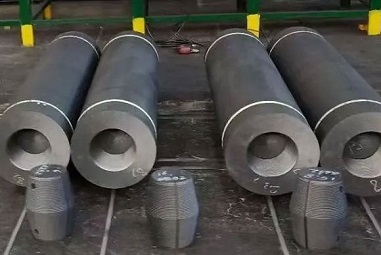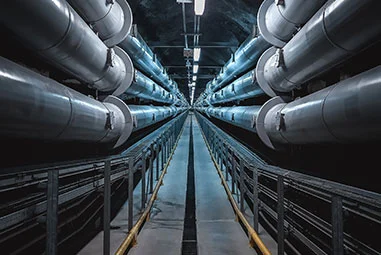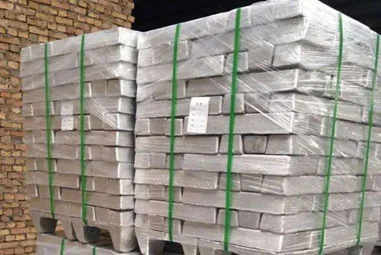Non-calcined petroleum coke and calcined petroleum coke, although differing by only one word, have fundamental differences. The following is a detailed comparison of these two types of petroleum coke:
Non-calcined petroleum coke, derived from the thermal cracking process of heavy oil after crude oil distillation, appears as irregularly shaped, variously sized black blocks or granules with a metallic sheen and porous structure.
The primary elemental composition of this coke is carbon, accounting for more than 80% (by weight percentage), with the remainder being hydrogen, oxygen, nitrogen, sulfur, and metal elements. The unique physical, chemical, and mechanical properties of non-calcined petroleum coke are characterized by its non-volatile carbon content, while the volatile matter and mineral impurities (such as sulfur, metal compounds, water, ash, etc.) determine its chemical properties.
The production process of calcined petroleum coke involves high-temperature preheating of the raw material in the absence of air. This process significantly alters the structure and elemental composition of various carbonaceous materials, enhancing their physical and chemical properties.
The quality of calcined petroleum coke significantly impacts the quality of carbon materials and the technical indicators during the production process. Therefore, ensuring the calcining quality of raw materials is crucial for guaranteeing product quality.
Non-calcined petroleum coke and calcined petroleum coke exhibit notable differences in performance and uses, making them suitable for different industries. Due to its natural physical and chemical characteristics, non-calcined petroleum coke is commonly used to produce carbon products, silicon carbide products, commercial calcium carbide, etc.
On the other hand, calcined petroleum coke uses, after high-temperature treatment, possesses superior physical and chemical properties, securing its place in the manufacture of high-end carbon materials.
In summary, the differences between non-calcined petroleum coke and calcined petroleum coke lie not only in whether they have been calcined but also in their chemical composition, physical properties, and the diversity of their industrial applications. The correct selection and use of these two types of petroleum coke are essential for improving product quality and production efficiency.


